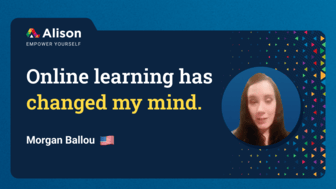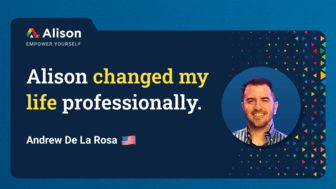What are the best free online courses for healthcare management?
Healthcare management entails overseeing the running of facilities like clinics, doctors’ rooms and clinics to ensure patients and staff can have a safe, efficient environment.
- Managing Health and Safety in Healthcare
This is a great starting point for beginners as it covers crucial foundational knowledge in the field like categories of hazards to be aware of, coping with incidents and accidents, and knowing how to implement a ‘safe system of work’.
- Foundations of Healthcare Management
Another fantastic option for those starting out, this course looks at healthcare systems and settings, ethical considerations, and how strategic planning and change management can be undertaken in this specialised environment.
- Managing Quality and Service Delivery in Healthcare
Once you have a good baseline understanding of healthcare management, enrol in this course that explains continuous improvement, quality service delivery and how to prevent poor service.
What jobs can I get with healthcare management qualifications?
Healthcare is an ever-growing sector: as populations boom and humans live longer - coupled with the emergence of new diseases and the harmful impacts of manmade climate change - so the need for healthcare management practitioners increases. Some types of careers include:
- Administrative support
- Clinic administrator
- Clinical auditor
- Healthcare key accounts manager
- Health and safety practitioner
- Hospital manager
- Medical administrator
- Medical receptionist
Where do healthcare administrators work?
It may be obvious that such workers are key in places like hospitals and clinics. But they are also needed in any situation where there are vulnerable or sick people to ensure that systems run smoothly. Some options that you may not have considered are:
- Residential or nursing homes
- Refugee or migrant shelters
- Children’s homes
- Incarceration facilities
- Disaster zones
Your job will be to ensure quality service delivery to those who need it most. While you are not a medical professional, you are an important part of the team that allows doctors, nurses and surgeons to get on with the job of saving lives while you handle all the complex administration behind the scenes. Without you, systems may break down and quality care may suffer. You can make a significant difference in your community or to people in difficult circumstances.






















